The material characteristics of sliding bearings, including hardness, modulus of elasticity, and thermal conductivity, are pivotal in determining their overall performance under various operational scenarios. Below is an in-depth analysis of how each of these properties affects the behavior of sliding bearings:
Hardness: A Key Factor in Wear Resistance and Load Capacity
Hardness, which measures a material's resistance to indentation or scratching, is crucial in sliding bearings. Higher hardness typically translates to improved wear resistance, as harder materials are less prone to surface deformation and abrasion when in contact with mating surfaces or contaminants. Furthermore, harder substances can withstand higher loads without experiencing plastic deformation or surface damage, making them ideal for applications involving heavy loads or high contact pressures. However, harder materials may also exhibit higher coefficients of friction, potentially affecting the sliding characteristics of the bearings. Proper lubrication and surface treatments can mitigate this effect, ensuring smooth operation.
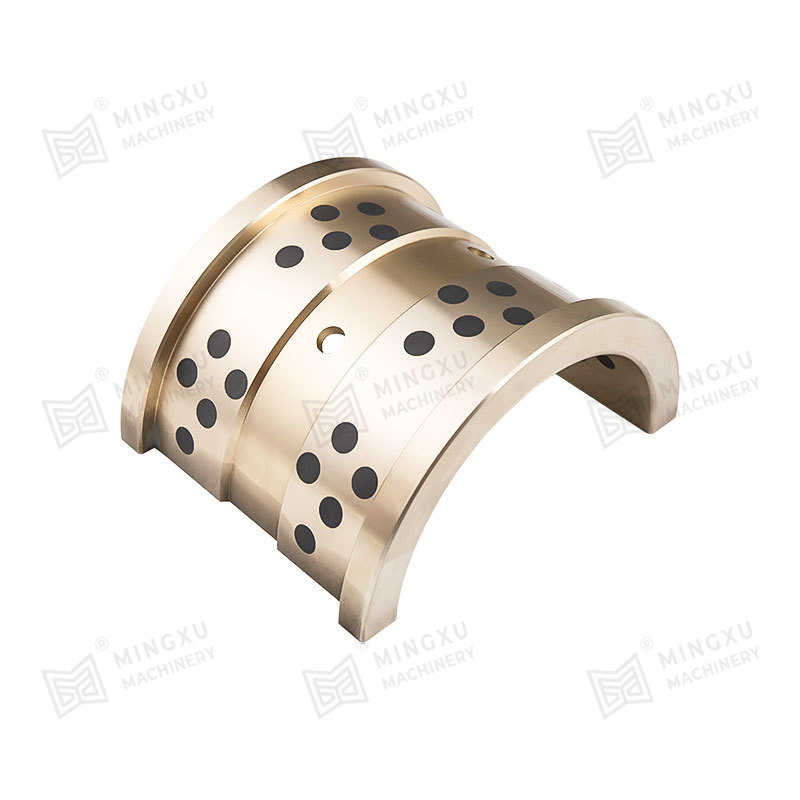
Modulus of Elasticity: Ensuring Dimensional Stability and Load Distribution
The modulus of elasticity, also known as Young's modulus, indicates a material's resistance to deformation under an applied load. In sliding bearings, a higher modulus of elasticity implies greater stiffness and resistance to elastic deformation, preserving dimensional stability and contact integrity under load. Materials with higher moduli of elasticity distribute loads more evenly across the bearing surface, reducing localized stress concentrations and minimizing the risk of fatigue or premature failure. This ensures consistent performance and extended bearing lifespan.
Thermal Conductivity: Facilitating Heat Dissipation and Enhancing Lubricant Performance
Thermal conductivity, which measures a material's ability to conduct heat, plays a vital role in sliding bearings. Higher thermal conductivity enables efficient dissipation of heat generated during operation, preventing overheating and thermal damage to bearing components. Additionally, thermal conductivity affects the effectiveness of lubrication by aiding in the removal of heat from the bearing interface. Improved heat dissipation stabilizes the viscosity of lubricants, ensuring consistent lubrication performance and minimizing friction and wear. This contributes to smoother operation, reduced energy consumption, and enhanced bearing durability.
Understanding these properties and their interactions is crucial for selecting the right bearing material for specific applications, ensuring optimal performance, and extending bearing lifespan.




 English
English Español
Español
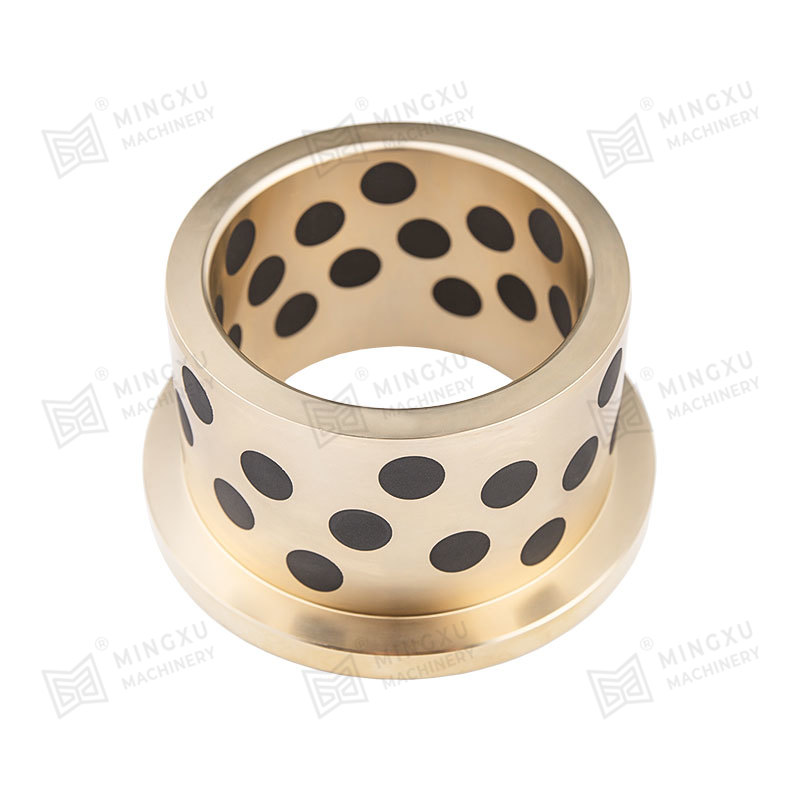
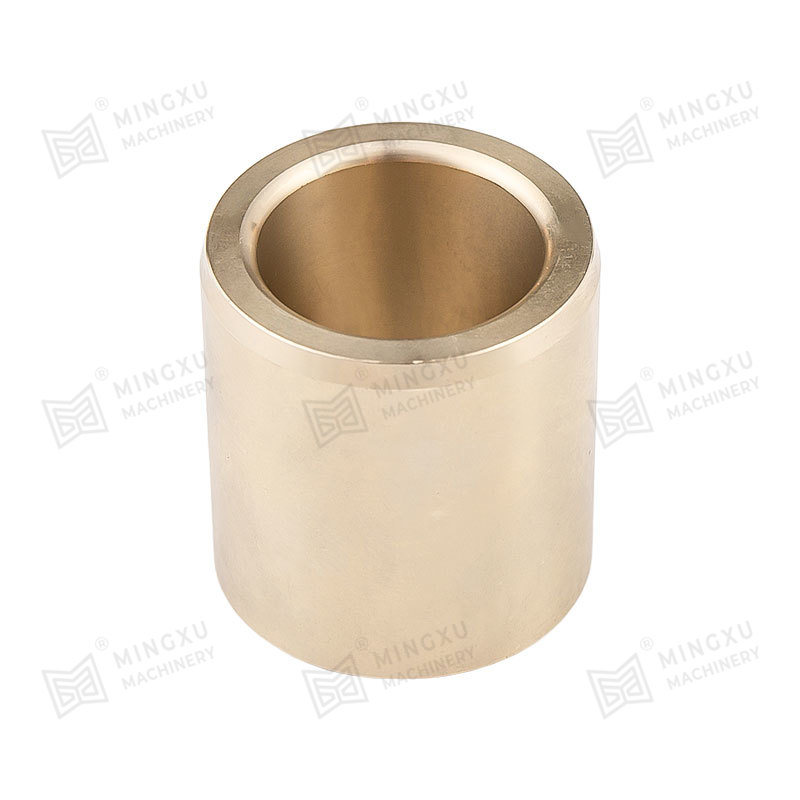
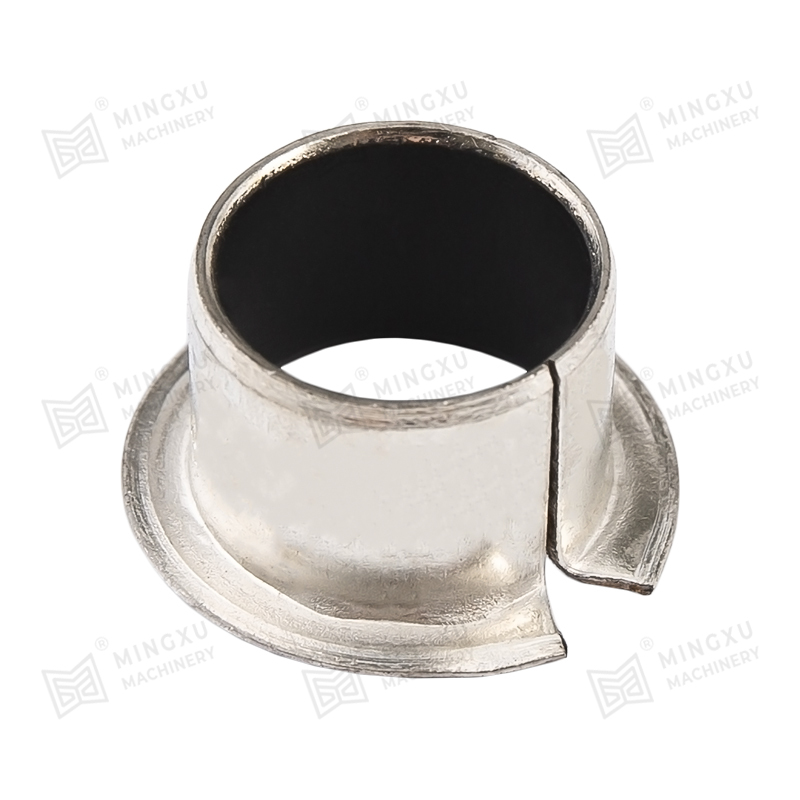
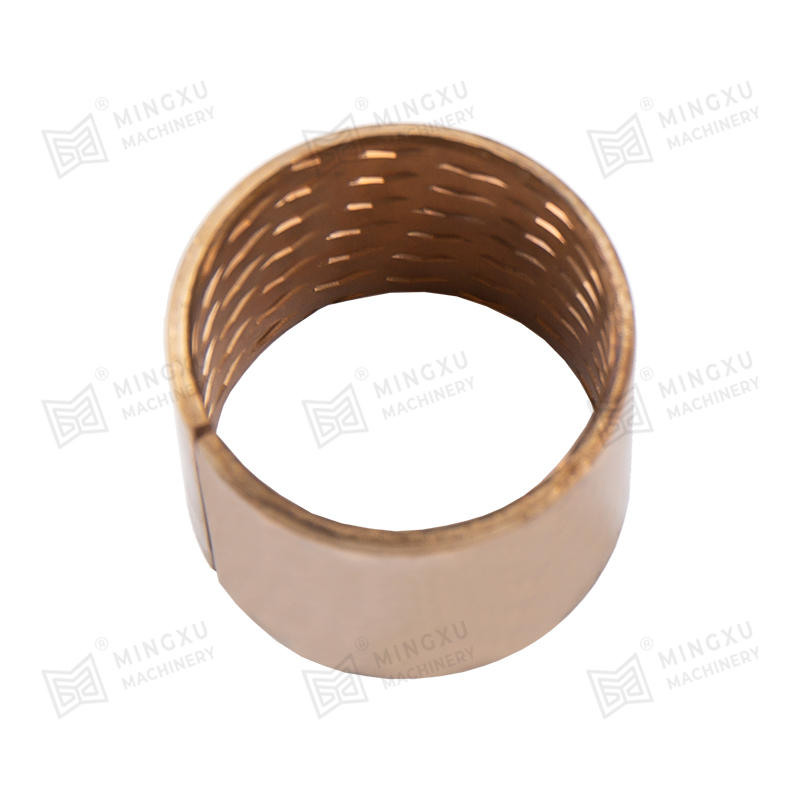
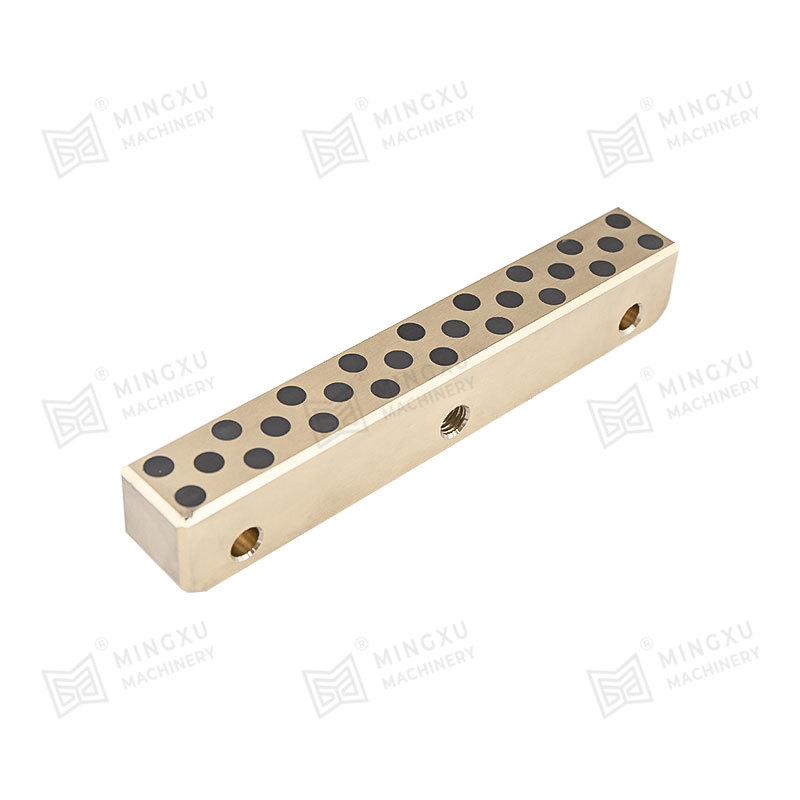
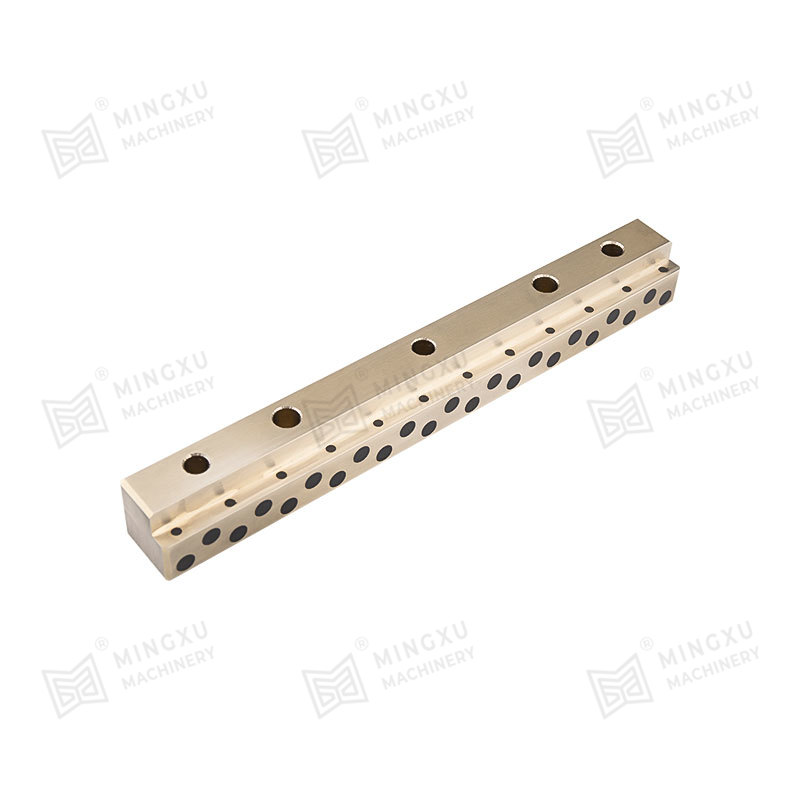
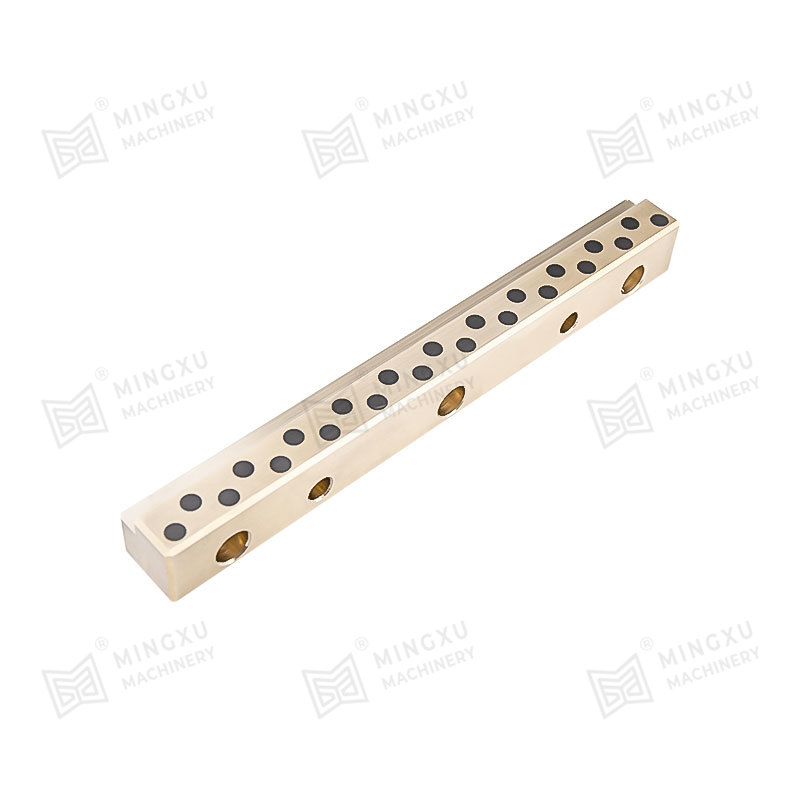
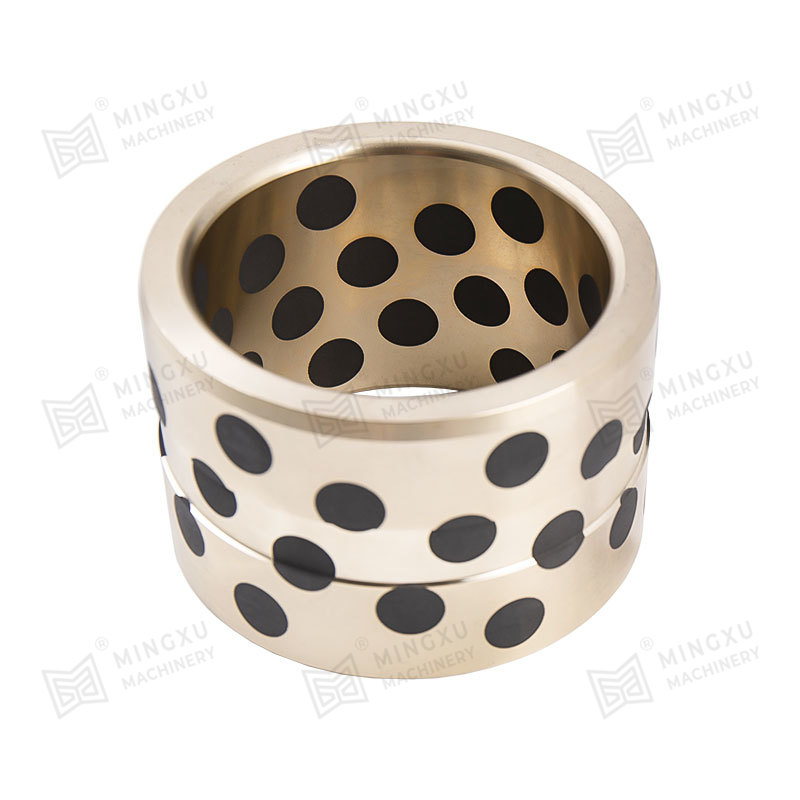
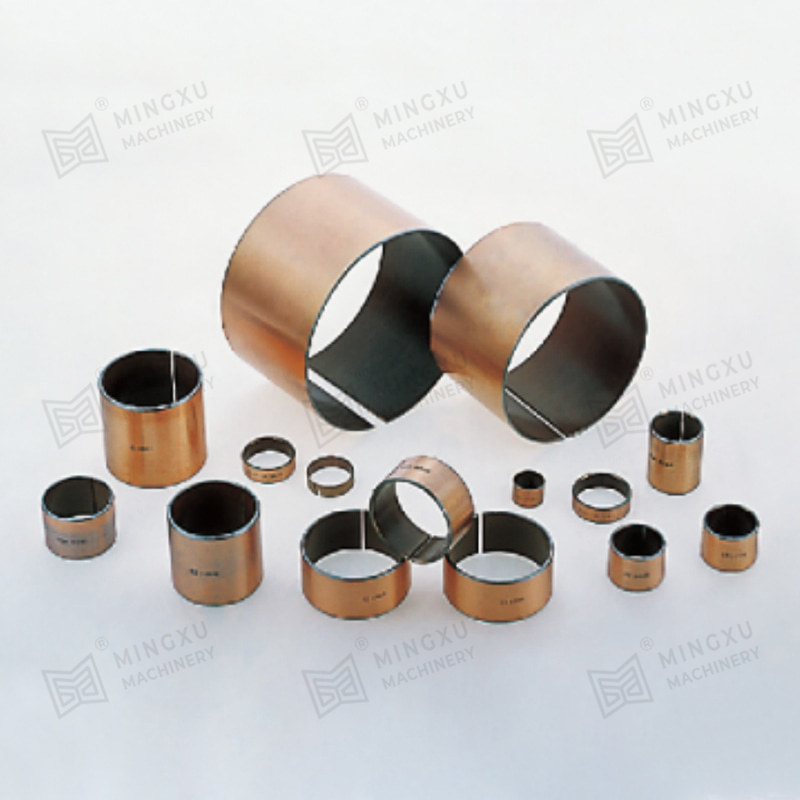
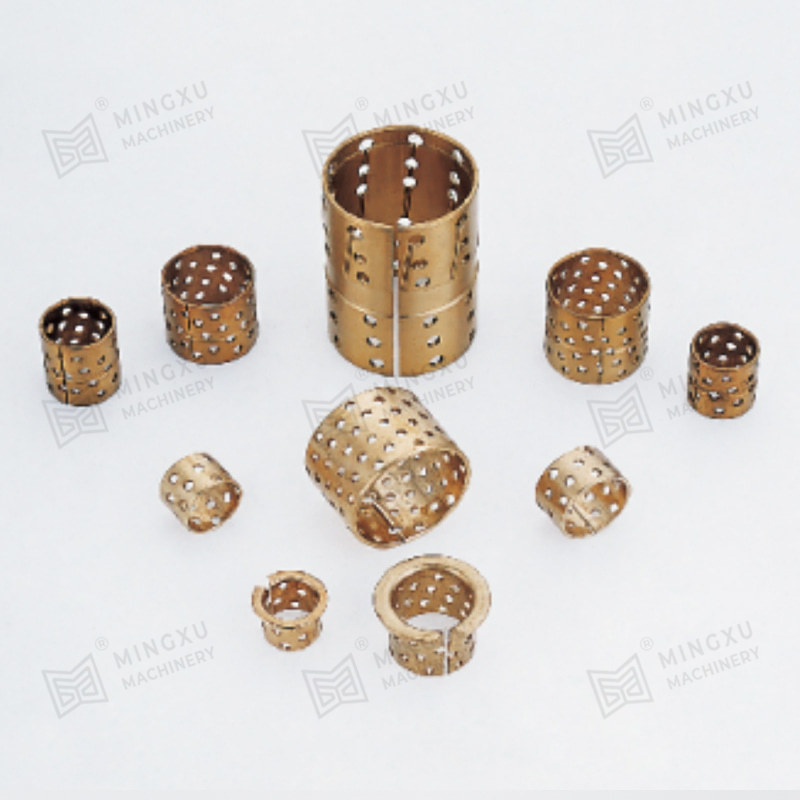







Contact Us